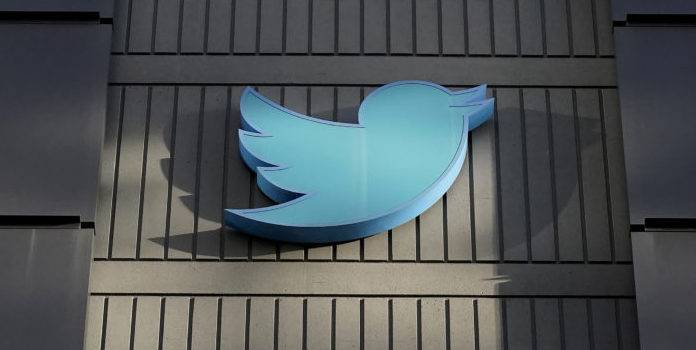(Ken Silva, Headline USA) A U.S. appeals court ruled Monday that Twitter is not allowed to legally disclose information about the FBI’s surveillance of users on the social media platform.
The appeals court’s decision comes as new Twitter CEO Elon Musk is releasing internal records about the company’s censorship’s decisions—dubbed the “Twitter Files.” This latest court ruling stems from a separate, though similar, dispute between Twitter and the U.S. government that dates back nearly 10 years, when whistleblower Edward Snowden released a trove of documents about the NSA’s mass surveillance.
Snowden’s disclosures led to ostensible transparency reforms within the U.S. government. In early 2014, then-Director of National Intelligence James Clapper declassified “certain data” about surveillance the U.S. government conducts on social media platforms, allowing tech companies to disclose that information to the public.
But when Twitter tried to publish a “transparency report” about the number of governmental surveillance requests it received between July and December 2013, the FBI moved to block the company from doing so.
Twitter sued the U.S. government in October 2014 over the matter, seeking court permission to disclose the number of national security letters and FISA orders it received. National security letters are FBI orders for “subscriber information and toll billing records information, or electronic communication transactional records.”
The FBI opposed Twitter from releasing such information, arguing that it would reveal incremental increases or decreases in surveillance over time, which would allow bad actors to determine how much of a presence the FBI has on Twitter or other platforms.
The FBI also argued that Twitter releasing surveillance data would “show whether and to what extent the Government is collecting certain types of information on that platform.”
Finally, the U.S. government argued that Twitter’s disclosures would show whether the platform received a particular type of surveillance request at all, which may reflect different collection capabilities, different types of information collected and locations of FBI targets.
Instead of releasing the number of surveillance requests, the FBI said Twitter should instead seek “to place the numbers in context” by informing users that, for instance, “only an infinitesimally small percentage of its total number of active users was affected” by government surveillance requests,” the government argued.
Twitter would thus be “permitted to qualify its description of the total number of accounts affected by all national security legal process it has received but it cannot quantify that description with the specific detail,” the appeals court noted in its decision.
Twitter’s lawsuit dragged through the courts for years, delayed in part by Congress passing the FREEDOM Act in 2015, which made further reforms to the FISA transparency process.
Twitter’s attempts to challenge the FBI’s secrecy were further frustrated by the fact that the U.S. government refused to provide the company classified information that was relevant to the litigation. Even when one of Twitter’s lawyers obtained a security clearance so that he could review the classified information, the FBI still refused to divulge such info—which Twitter argued violated its right to due process.
A district court ruled in the FBI’s favor in April 2020, and Twitter appealed to the Ninth Circuit.
On Monday, the Ninth Circuit upheld the lower court’s decision.
“The government may not fend off every First Amendment challenge by invoking national security. But we must apply the First Amendment with due regard for the government’s compelling interest in securing the safety of our country and its people,” the appeals court ruled. “We hold here that, both as a matter of substance and procedure, the government’s restriction on Twitter’s speech did not violate the First Amendment.”
The Ninth Circuit also shot down Twitter’s argument that it’s lack of access to classified documents related to the litigation violated due process.
“The process afforded to Twitter was constitutionally sufficient, even without its having received classified materials,” the appeals court ruled, adding, “In a case such as this, requiring courts to evaluate the perceived trustworthiness of individual litigants in their receipt of classified information would invite a weighing of interests that is beyond our role.”
The House Weaponization Subcommittee is set to hold its second hearing on the Twitter Files on Thursday. This hearing will feature reporter Matt Taibbi, who has broken many of the stories related to the Twitter Files.
Ken Silva is a staff writer at Headline USA. Follow him at twitter.com/jd_cashless.

